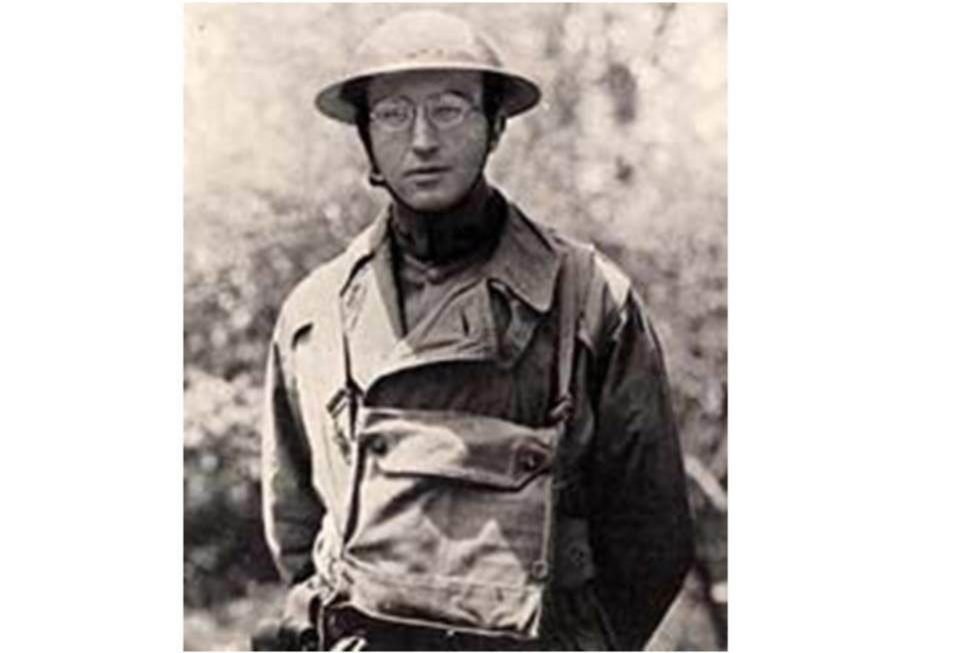Slow but steady wins the race.
Aesop
William Williams was steady — a man with constancy of resolve and conduct. Even before he signed the Declaration of Independence representing the Connecticut delegation, he had devoted himself to a life of public service. Denise Kiernan, in the book Signing Their Lives Away, describes a man who “gave his time to everyone and everything.” He was, “a multitasker’s multitasker.” By the time 1776 came around, the pattern was set and he did his duty. But he went beyond merely holding a multitude of offices simultaneously; Williams opened his own home to soldiers who were in need. He stuck with the cause through the highs and lows regardless of the cost to him personally. His tombstone recognizes his steadiness as evidence of his patriotism: “a firm, steady and ardent friend of his country, and in the darkest times risked his life and wealth in her defense.”
Fast forward almost 200 years. Adlai Stevenson failed twice in his attempt to become President of the United States. A Democrat, he could not defeat Dwight D. Eisenhower. But his disappointment didn’t stop him from serving his country. His finest hour came during the height of the Cuban Missile Crisis (1962) as the U.S. Ambassador to the United Nations. His determined efforts at holding the Soviet Union responsible for their actions in Cuba eventually turned world opinion in favor of the United States as the Soviet denials were revealed as falsehoods by Stevenson.
Like Williams, his service was long, determined and steady. In describing what it means to be a patriot, Stevenson not only described Williams and men like him, but he also described himself.
Patriotism is not short, frenzied outbursts of emotion, but the tranquil and steady dedication of a lifetime.
Adlai Stevenson
For more information on Williams and the other signers of the Declaration of Independence, see Signing Their Lives Away by Denise Kiernan,



